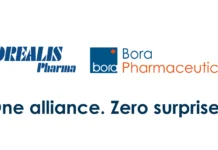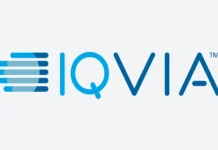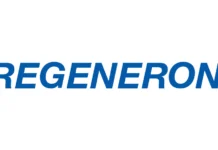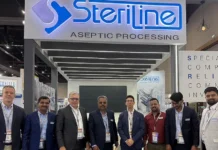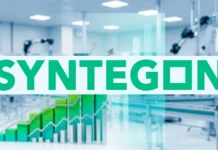TG Therapeutics, Inc. announced that the U.S. FDA has granted orphan drug designation for TG-1101 (ublituximab) the CompanyŌĆÖs novel, glycoengineered anti-CD20 monoclonal antibody, for the treatment of patients with neuromyelitis optica (NMO) and neuromyelitis optica spectrum disorder (NMOSD).
There are currently no FDA approved treatments for NMO or NMOSD.ŌĆ£We are pleased to announce our first orphan drug designation for TG-1101 in a non-oncology indication, providing additional proprietary protection for TG-1101, which has a composition of matter patent in the U.S. through mid-2029, exclusive of patent term extensions. ┬ĀAs demonstrated with the announcement earlier this week of the orphan drug designation for TGR-1202 in the treatment of CLL, we are committed to building strong proprietary protection around our key compounds, which includes a multi-level patent strategy and orphan drug designations where appropriate,ŌĆØ stated Michael S. Weiss, Executive Chairman and Interim CEO of TG Therapeutics. ┬ĀŌĆ£NMO is closely related to Multiple Sclerosis, an area of significant interest to us. ┬ĀWe look forward to presenting early data from our current Phase 1b study of TG-1101 in NMO at the ECTRIMS (European Committee for the Treatment and Research in Multiple Sclerosis) conference this September, which we believe will provide an early peek into the effects of TG-1101 in patients with autoimmune diseases.ŌĆØ
Orphan drug designation is granted by the FDA to drugs and biologics which are defined as those intended for the safe and effective treatment, diagnosis or prevention of rare diseases/disorders that affect fewer than 200,000 people in the U.S. ┬ĀOrphan drug designation provides certain incentives which may include tax credits towards the cost of clinical trials and prescription drug user fee waivers. ┬ĀIf a product that has orphan drug designation subsequently receives the first FDA approval for the disease for which it has such designation, the product is entitled to orphan product exclusivity.
Neuromyelitis optica (NMO) and NMO Spectrum Disorder (NMOSD), also known as Devic’s disease, is an immune-mediated severe chronic inflammatory disorder with involvement of different regions of the central nervous system (CNS) that primarily affects the optic nerve and the spinal cord. The damage to the optic nerves produces swelling and inflammation that cause pain and loss of vision, while damage to the spinal cord causes weakness or paralysis in the legs or arms, loss of sensation, and problems with bladder and bowel function. NMO is a relapsing-remitting form of autoimmune disease, similar to MS. During a relapse, new damage to the optic nerves and/or spinal cord can lead to accumulating disability. However, unlike MS, progressive phase of this disease is very rare. Therefore, preventing attacks is critical to a good long-term outcome. There is currently no cure or approved medicine for NMO, which affects about five in 100,000 people.
ABOUT TG THERAPEUTICS, INC.
TG Therapeutics is a biopharmaceutical company focused on the acquisition, development and commercialization of novel treatments for B-cell malignancies and autoimmune diseases. Currently, the company is developing two therapies targeting hematological malignancies and autoimmune diseases. TG-1101 (ublituximab) is a novel, glycoengineered monoclonal antibody that targets a specific and unique epitope on the CD20 antigen found on mature B-lymphocytes. TG Therapeutics is also developing TGR-1202, an orally available PI3K delta inhibitor. The delta isoform of PI3K is strongly expressed in cells of hematopoietic origin and is believed to be important in the proliferation and survival of BŌĆÉlymphocytes. Both TG-1101 and TGR-1202 are in clinical development for patients with hematologic malignancies, with TG-1101 recently entering clinical development for autoimmune disorders. The Company also has pre-clinical programs to develop IRAK4 inhibitors, BET inhibitors, and anti-PD-L1 and anti-GITR antibodies. TG Therapeutics is headquartered in New York City.
┬Ā



